Step 1: Applying for Admission
Application Form: Complete the Application for Admission Form and email it to the Office of Admissions.
Application Fee: Pay a non-refundable application fee as per the Tuition & Other Fees leaflet.
Passport Copy: Submit a copy of the passport page showing your photo, personal details, and signature, with at least two years of validity from the course start date.
High School Certificates:
For undergraduate programs: Submit copies of Secondary and Senior Secondary Graduation Certificates and Mark Sheets, with a minimum of 50% overall average marks at Senior Secondary.
For postgraduate programs: Minimum 40% in Bachelor’s degree if not meeting the 50% in Senior Secondary.
Bachelor’s Degree Certificate (for postgraduate applicants): Submit a copy of the Bachelor’s Degree Certificate and Mark Sheet.
English Language Proficiency: Submit a valid English language certificate:
Undergraduate: IELTS 5, Pearson PTE 58, TOEFL iBT 71, or Password Skills Plus Test 5.5.
English foundation program: IELTS 4, Pearson PTE 43, TOEFL iBT 42, or Password Skills Plus Test 4.
References (postgraduate applicants): Provide two references from current/former lecturers, employers, or associates using the College reference form.
Visa Documentation
Step 2: Documents Required for Visa Application
Attested High School Certificates:
Undergraduate: Attested Secondary and Senior Secondary Certificates with at least 50% overall marks.
Postgraduate: Attested Bachelor’s Degree Certificate and Mark Sheet with a minimum of 40% overall marks (if not meeting the 50% in Senior Secondary).
Attested English Language Certificate: Submit an attested English language certificate or attested original if unavailable.
Medical Examination Report: Attested original medical report proving clearance from Tuberculosis, Hepatitis B & C, Syphilis, and HIV/AIDS, issued by a government medical center no more than 4 months before the deadline.
No-Criminal Record Certificate: An attested original certificate issued within 6 months of the application deadline by the local police or Ministry of Home Affairs.
Bank Letter: An attested original letter from the bank indicating that the sponsor (father, mother, or first-degree relative) has sufficient funds to support the student. This must be issued within six months of the application deadline and state the relationship if not evident from the Passport or No-Criminal Record Certificate.
Bank Statement: Attested original bank statement showing at least €7,000 (or equivalent in local currency) in the sponsor’s account, issued within one month of the application deadline.
Passport-Sized Photograph: One recent passport-sized photo with the applicant’s name written on the back.
Passport Copy: Attested copy of the passport page showing your photo, personal details, and signature, valid for at least two years.
Acceptance of Terms and Conditions: Original, completed, and signed.
Declaration Form: Original, completed, and signed.
Attestation of Documents: All documents must be attested by the Ministry of Foreign Affairs and the Cyprus Embassy or Consulate in the applicant’s home country. If documents are in a language other than English, an official English translation with attestation is required.
Once all documents are correctly attested and received, the College will proceed with the visa application to the Cyprus Migration Department.



